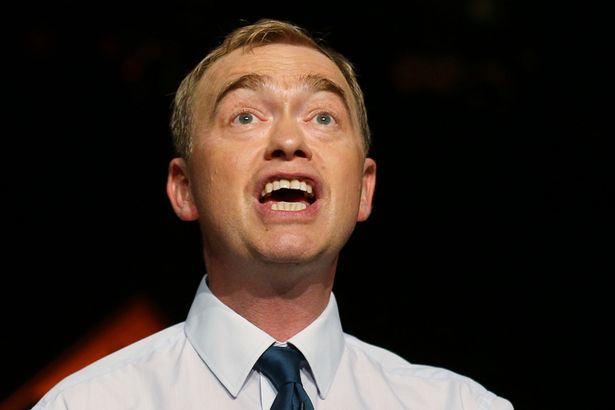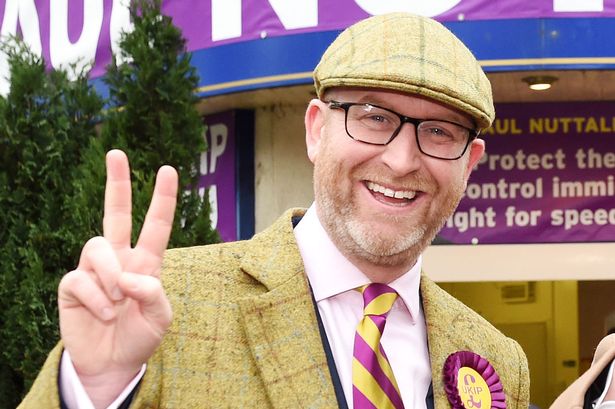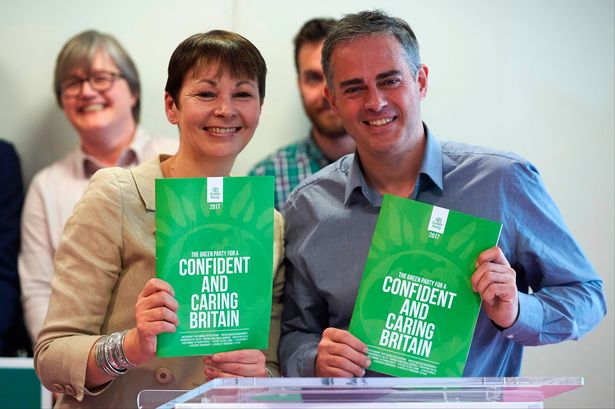Theresa May’s decision on April 18 to announce a General Election on June 8 took us all by surprise. Even the eclectic mix of political jerky to chew on since then has been far from straightforward, ranging from the Prime Minister’s ‘U-turns’ to Jeremy Corbyn’s so-called ‘money tree’.
You’re quite possibly sick to the back teeth of politics but, as the Prime Minister said in April, this could be the ‘most important election for this country’ in her lifetime, and there are some significant party policies worthy of highlighting for people with diabetes.
The NHS and healthcare is again a prominent issue – although not so much as Brexit – as it was in 2015, while mental health and junk food are among the other issues being discussed with pertinence to the diabetes community.
So who is saying what? Here’s a brief run-down of each party’s major election plans relating to diabetes care in the UK.
Conservatives

The Conservative Party has pledged a minimum increase of £8 billion to the NHS over the next five years, as it did in 2015. The Conservatives say that securing the jobs of the 140,000 NHS staff from the European Union will be a priority during the Brexit negotiations.
The current government has also promised ‘sweeping reform’ of mental health legislation in the UK. This comprises employing 10,000 more NHS mental health staff by 2020 and tackling discrimination of people with mental health problems – specifically, the 1983 Mental Health Act would be replaced with new laws detaining fewer people in police cells instead of mental health wards in England and Wales.
Last year the Conservatives published a childhood obesity strategy in a bid to reduce rates of type 2 diabetes, with a sugar tax to be introduced in 2018. As part of their 2017 manifesto the Tories have vowed to end universal free school lunches for infants in England, stating the money saved would be used to provide free breakfasts for all primary-age children.
Labour

The Labour Party has committed to an extra £37bn in funding for the NHS in England over the next five years. Labour plans to raise these funds by levying income tax for the highest 5% of earners and by increasing tax on private medical insurance. As it did in 2015, Labour also wants to lead the NHS away from ‘privatisation’.
Labour has promised extra funding for child and adolescent mental health services, although it has not been revealed how much this funding will be, and extra support for counselling in every school.
The opposition will also introduce a new Index of Child Health to measure progress against international standards. Two of these measures will be mental health and obesity.
To tackle obesity and type 2 diabetes, Labour is promising to ban TV junk food adverts before 21:00 and provide a pay rise to all NHS staff.
Liberal Democrats

Similarly to Labour, the Liberal Democrats have vowed to boost NHS funding by raising income tax, albeit on a smaller scale.
The Liberal Democrat party says it will add a penny on the pound on income tax, which will help raise an additional £6bn in revenue for the NHS. This money will be reserved specifically for health and social care services.
The Lib Dems’ 2015 manifesto put tackling mental health as their highest priority, and the 2017 manifesto again pledges to improve mental health by shortening waiting times for people in crisis or suffering from conditions such as bipolar disorder. The Lib Dems have also proposed better access to talking therapies for “hundreds of thousands” more people who have anxiety or depression.
The Liberal Democrats want a new childhood obesity strategy to be introduced which, as Labour promised, will restrict the marketing of junk food TV advertising before 21:00, and amend the Conservatives’ sugar tax.
UKIP

The UK Independence Party has pledged an extra £9bn extra per year for the NHS by 2021/2022. UKIP plans to raise these funds through cuts to the foreign aid budget.
UKIP will also increase spending on mental health services by at least £500m every year and, as UKIP pledged in 2015, provide access to specialist mental health treatment for all pregnant women and mothers of children aged 12 months or under.
UKIP’s other pledges include delivering 10,000 additional GPs by 2025 and guaranteeing the rights of EU nationals working in health and social care.
Green Party

The Green Party has pledged an immediate cash injection to the NHS. In part, this will be funded by scrapping Britain’s nuclear weapons system.
The Greens, like Labour, want to roll back the use of private providers in the NHS, and scrap NHS Sustainability and Transformation Plans. These plans were set up by the NHS and local councils in 44 areas covering all of England to improve health and care, but are not deemed by the Greens to be working sufficiently.
The Green Party has also promised to improve mental health care to a similar level of physical health care, suggesting a three-day weekend to help with issues of stress and exhaustion.
Share your thoughts on the General Election with the diabetes community here.
Pictures: Mirror, Whollwin.com


